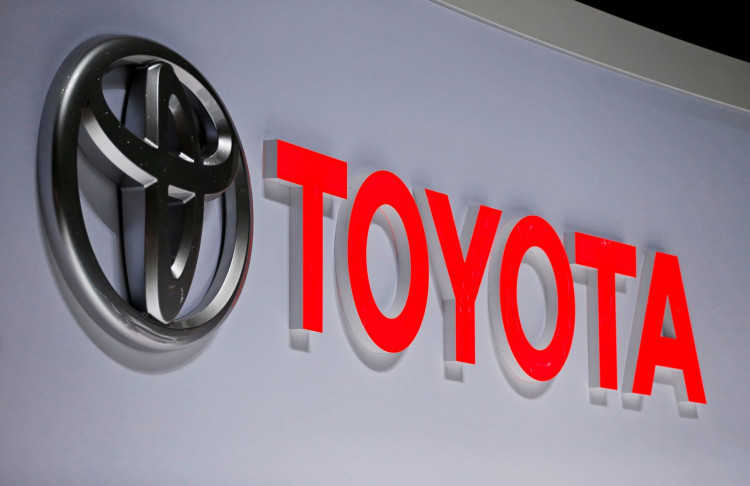Hino Motors, a subsidiary of Toyota, has agreed to a $1.6 billion settlement with U.S. authorities following revelations of a years-long scheme to falsify emissions data for its diesel engines. The agreement, which includes criminal and civil penalties, marks one of the most significant crackdowns on emissions fraud since the Volkswagen Dieselgate scandal.
The Environmental Protection Agency (EPA) and California regulators uncovered that Hino manipulated emissions test data for over 110,000 diesel engines sold in the U.S., most of which were installed in heavy-duty trucks. These engines failed to meet both federal and state emissions standards, but fraudulent data allowed the vehicles to pass regulatory scrutiny and enter the market.
"Hino's actions directly undermined EPA's program to protect the public from air pollution," said acting EPA Administrator Jane Nishida in a statement. "Corporate crimes like these harm both public health and the environment."
The settlement includes a $521.76 million criminal fine, $442.5 million in civil penalties to U.S. authorities, and $236.5 million in fines to the state of California. Additionally, Hino is required to invest approximately $155 million to replace engines on ships and trains with cleaner alternatives to offset the environmental damage caused by its violations.
U.S. Attorney Dawn Ison of Michigan emphasized the seriousness of the case. "Corporate crimes such as these endanger the health and well-being of innocent Americans, as well as the environment in which we all live," she stated.
Under the settlement, Hino will also recall and repair certain non-compliant vehicles, although these adjustments are not expected to affect their fuel economy or operation. The company will be placed on a five-year probation, during which it will be barred from importing any diesel engines it manufactures into the United States.
The scheme, which spanned several years, involved submitting false emissions data to regulatory authorities, including altered test results and fabricated figures. California's unique emissions regulations played a pivotal role in uncovering the fraud. The state, which enforces stricter standards than federal guidelines, identified inconsistencies in Hino's submissions and collaborated with the EPA to reveal the extent of the violations.
Satoshi Ogiso, Hino Motors' president and CEO, expressed remorse in a public statement. "We deeply apologize for the inconvenience caused to our customers and stakeholders. In order to prevent a recurrence of this kind of issue, we have implemented company-wide reforms, including meaningful improvements to our internal culture, oversight, and compliance practices," Ogiso said.
Hino's actions echo a broader pattern of emissions-related scandals within the automotive industry. The EPA noted that its rigorous oversight has led to settlements with other companies, such as Cummins and Volkswagen, for similar violations.






